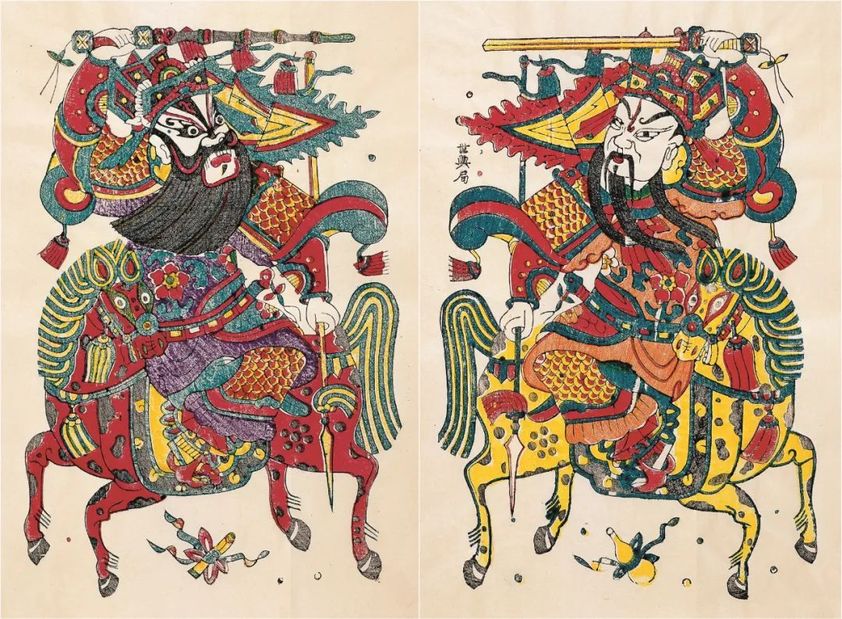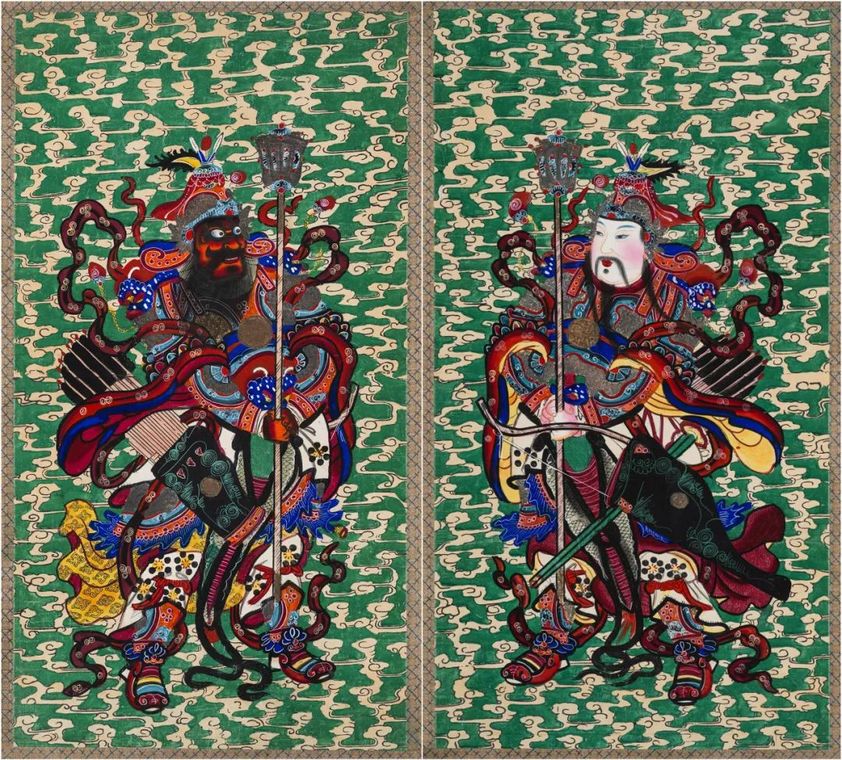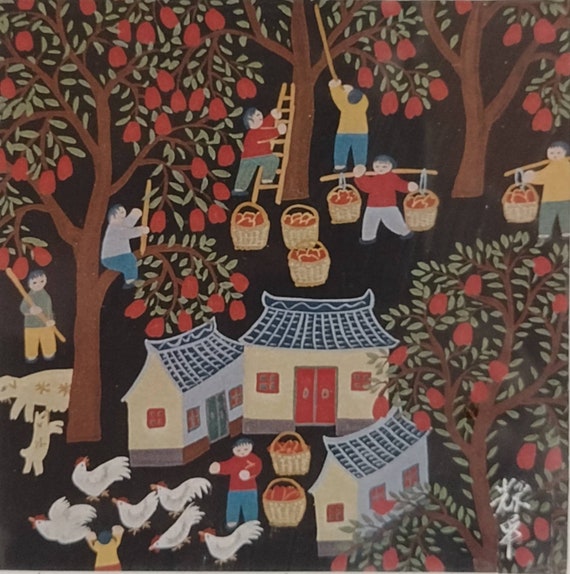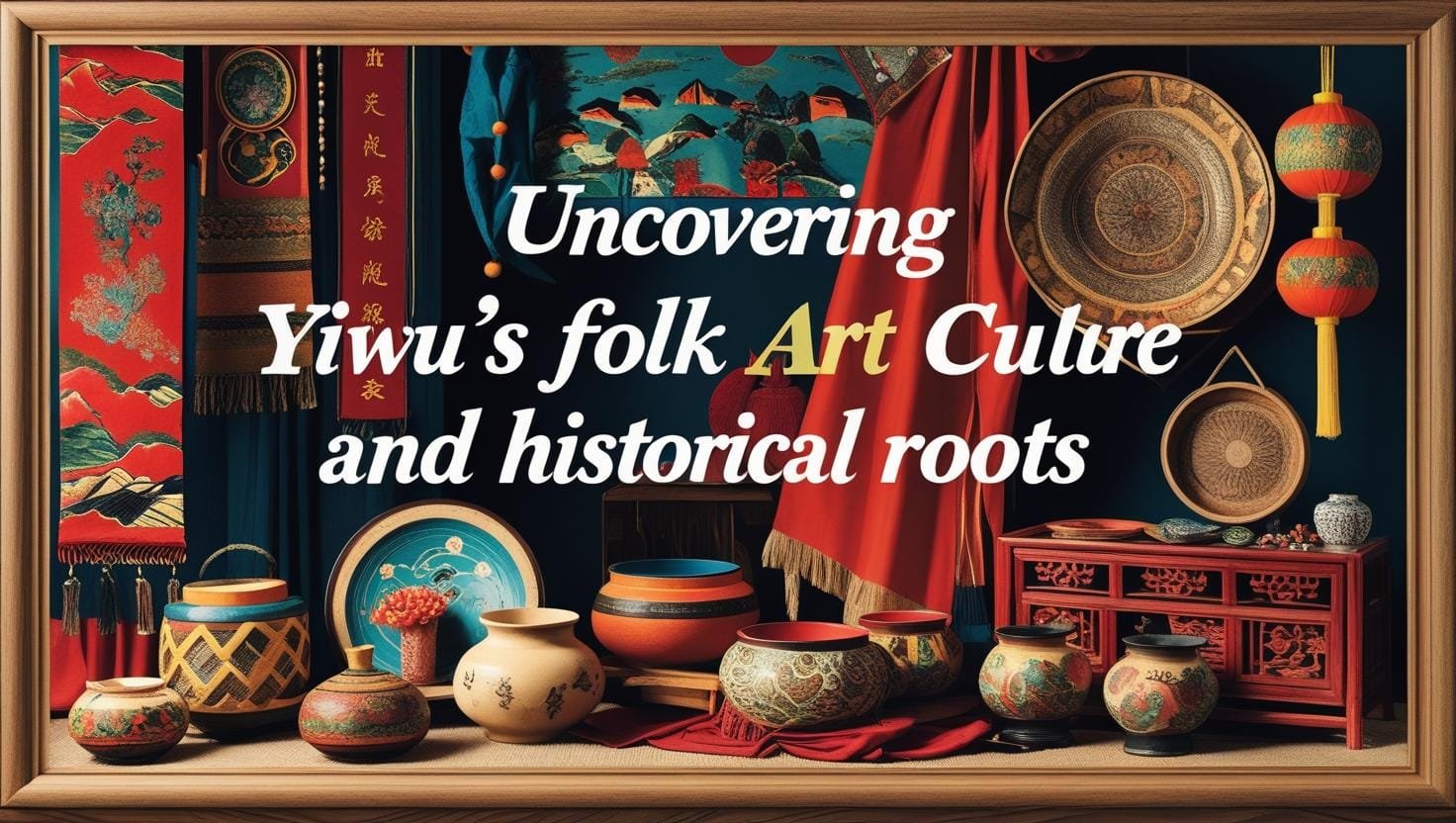Uncovering Yiwu’s Folk Art Culture and Historical Roots
Welcome to Jusha.Travel, your go-to source for exploring the hidden gems of China! If you’re a traveler eager to dive deeper into China’s rich tapestry, Yiwu offers more than just its famous wholesale markets. This vibrant city in Zhejiang province is a treasure trove of Yiwu folk art culture, blending ancient traditions with modern life. In this post, we’ll uncover Yiwu’s cultural heritage, explore its connections to China folk art history, highlight must-visit cultural attractions, provide a handy Yiwu travel guide, and touch on aspects of China history travel. Whether you’re a culture enthusiast or a curious adventurer, these insights will inspire your next journey and show why Yiwu is a must-see destination.
Yiwu’s Ancient Historical Roots
Yiwu’s story begins long before its reputation as a global trade hub, stretching back to the Neolithic era and revealing a profound Yiwu cultural heritage. Archaeological digs at sites like the Qiaotou area uncover evidence of early human settlements dating back over 9,000 years. Here, researchers have found remnants of domesticated rice, stone tools, painted pottery, ancient tombs, and even protective moats, linking Yiwu to the broader Shangshan Culture that flourished between 11,000 and 8,500 years ago. These discoveries position Yiwu as one of the earliest cradles of Chinese civilization, offering a fascinating glimpse into how early societies thrived in this region.
For travelers interested in China history travel, visiting the Qiaotou site is like stepping into a living museum. Imagine wandering through these ancient grounds, where the echoes of prehistoric life still resonate. Practical tip: Plan a guided tour early in the morning to avoid crowds and pair it with a visit to nearby historical exhibits. If you’re traveling with kids, this can be an engaging way to introduce them to China’s ancient past. For more in-depth reading on Yiwu’s historical significance, check out this resource: [Yiwu: A commodity hub rich in cultural heritage](http://en.chinaculture.org/a/202412/19/WS67639971a310f1265a1d3caa.html).

This connection to the past not only enriches your understanding of Yiwu but also highlights how Yiwu folk art culture has evolved from these early roots, influencing everything from local crafts to community festivals.
The Rich Tapestry of Yiwu Folk Art
Delving into Yiwu folk art culture, it’s no surprise that this city was officially named the “Hometown of Chinese Folk Art” in 2003 by the China Federation of Literary and Art Circles. This prestigious title underscores Yiwu’s role in preserving and promoting China folk art history, where traditions have been passed down through generations. One standout element is Yiwu Affections (义乌说唱), a unique folk song genre that originated during the Ming Dynasty. Unlike structured melodies, performers improvise based on the moment, creating personalized narratives that blend storytelling with music. This adaptability makes it a dynamic art form, often performed at local events and even on national stages, such as in Beijing’s Great Hall of the People.
As a traveler, experiencing Yiwu Affections live is a highlight of any Yiwu travel guide. Attend a community performance or festival to see how it reflects everyday life, from historical tales to contemporary stories. Interestingly, this art form has been kept alive by both sighted and blind artists, showcasing the resilience of Zhejiang’s cultural heritage. Fun fact: In the mid-20th century, over 200 practitioners in Yiwu were actively involved, and some even performed for state leaders like Zhou Enlai.
To appreciate the broader context, Yiwu’s folk art also includes elements like traditional painting and embroidery, which blend ancient techniques with modern expressions. This fusion is evident in local workshops where artisans create pieces that tell stories of the region’s history. For those passionate about cultural attractions Yiwu, visiting these studios offers hands-on experiences, such as learning basic paper-cutting—a nod to China’s intricate folk traditions. Learn more about Yiwu’s artistic evolution in this study: [Advances in Research](https://www.ewadirect.com/journal/asbr/volumes/vol/14/590.pdf).

Pro tip for food lovers: After a folk art session, try pairing it with local Zhejiang cuisine, like fresh river fish or steamed buns, to fully immerse yourself in the culture. It’s all about creating memorable, multi-sensory experiences that Jusha.Travel loves to highlight.
Must-See Cultural Attractions and Experiences
When it comes to cultural attractions Yiwu, the city bursts with opportunities to engage with its living heritage. Yiwu Affections remains a centerpiece, but don’t miss out on other forms like folk painting and regional traditions such as puppetry and embroidery, which draw from Zhejiang peasant and artisan roots. These attractions not only showcase Yiwu folk art culture but also provide a window into China folk art history, where ancient practices meet innovative twists.
A key spot in your Yiwu travel guide is the Yiwu Museum of Folk Culture, where exhibits display everything from intricate paper cuts to dynamic performances. Fun fact: Many of these are recognized as national intangible cultural heritage, ensuring their preservation for future generations. During festivals, the city comes alive with public events, martial arts demonstrations, and artisan markets, fostering a sense of community and attracting tourists seeking authentic experiences.
For tech-savvy travelers, Yiwu’s blend of tradition and modernity is evident in how digital platforms are used to promote folk art—think virtual tours or apps that teach paper-cutting techniques. This ties into China’s rapid technological advancements, making it easier to access Yiwu cultural heritage from anywhere. Explore more about Yiwu’s community traditions here: [Yiwu City Culture](https://www.yiwu-international.com/yiwu-wholesale-market-introduction/yiwu-city-culture/).
Practical advice: Time your visit for events like the Yiwu International Folk Art Festival, and consider staying in a local guesthouse for an immersive stay. Pair this with trying street foods like sesame balls or tea-infused snacks, which reflect the region’s culinary heritage and add flavor to your cultural exploration.

Preserving Heritage for the Future
The preservation of Yiwu folk art culture is a testament to the city’s commitment to its roots, ensuring that China history travel remains vibrant and relevant. Through master-apprentice programs and national recognitions, traditions like Yiwu Affections and folk painting are being safeguarded. Local artisans are designated as cultural inheritors, passing down skills in workshops and festivals that blend education with entertainment.
This ongoing effort highlights how Yiwu balances its modern economy with Yiwu cultural heritage, creating a sustainable model for cultural tourism. For instance, initiatives using technology—such as online archives and virtual reality experiences—allow global audiences to engage with these arts, aligning with China’s innovative spirit. Another angle is the role of community events, which not only preserve traditions but also promote social cohesion, as seen in martial arts displays that embody resilience and discipline.
If you’re planning a trip, join a heritage workshop to learn about preservation firsthand—it’s a rewarding way to contribute and take home a piece of Yiwu. For deeper insights into how these efforts play out, read about playing with fire and preserving history: [Playing with fire, preserving history](https://www.chinadailyhk.com/hk/article/355683).

By visiting these sites, you’re not just a spectator but part of a larger story of cultural continuity.
In conclusion, exploring Yiwu folk art culture and its historical roots reveals a side of China that’s as captivating as it is educational, blending Yiwu cultural heritage with China folk art history in seamless ways. From ancient sites to lively performances, Yiwu offers unforgettable experiences that inspire deeper appreciation for China’s diverse landscape. At Jusha.Travel, we’re passionate about guiding you through these adventures, whether it’s through our Yiwu travel guide or tips on cultural attractions Yiwu. We hope this post has sparked your curiosity—why not share your own Yiwu stories in the comments below, visit jusha.travel for more China travel inspiration, or check out our related articles on hidden cultural gems? Safe travels and happy exploring!

